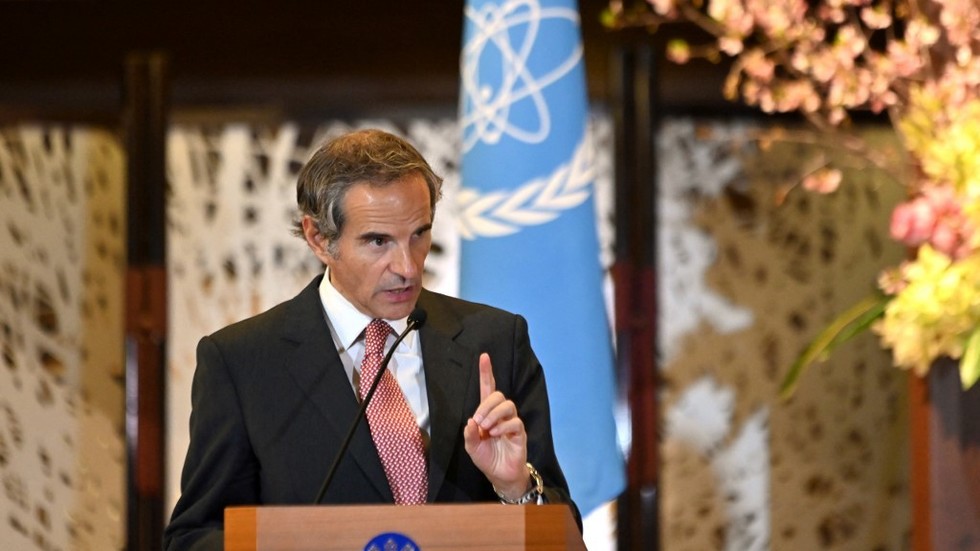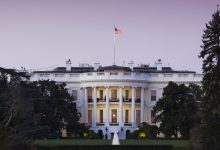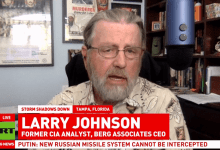
Sidelining the country’s supplies could harm global energy markets, Rafael Grossi has warned
nternational Atomic Energy Agency (IAEA) director general Rafael Mariano Grossi speaks at an event in Tokyo, Japan on March 14, 2024. © Kazuhiro Nogi / AFP
There’s no quick way to shift away from Russian nuclear fuel, while severing ties too soon would harm global energy markets, Rafael Grossi, the head of the International Atomic Energy Agency (IAEA), warned on Thursday.
Grossi was speaking at a press conference following a nuclear energy summit in Brussels that brought together more than 30 countries.
The IAEA chief urged not to divide nuclear fuel suppliers into “good and bad,” stressing that it’s important to take into account the needs of various countries, while keeping in mind that there are certain long-term infrastructure projects where Russian fuel is vital.
“I would warn against this point of good nuclear energy against bad nuclear energy,” Grossi stated, adding “I don’t think this is what we need to have in the global energy market.”
The warning comes as Belgian Prime Minister Alexander De Croo said at the summit on Thursday that European nuclear industry supply chains needed to be disconnected from Russia as fast as possible, while balancing existing operations.
EU Energy Commissioner Kadri Simson echoed his words, saying that “five member states who are still very dependent on nuclear fuel from Russia have to diversify away as soon as possible.” That’s “not an easy task,” the commissioner admitted.
Some EU member states have been proposing extending the bloc’s sanctions that were imposed over the Ukraine conflict to include nuclear fuel sold by Moscow.
Russia’s state-owned nuclear energy giant, Rosatom, owns nearly 50% of global uranium enrichment infrastructure and accounted for almost 36% of the world’s exports in 2022. Rosatom is currently building more than 20 nuclear reactors around the world, including in Türkiye, China, India, and EU member Hungary.




